%2520(1).png)
Chatbots are simply new computer interfaces that use large language models. PrivateGPT demonstrates how this can be used with your personal information. Large language models, such as PrivateGPT, represent a significant advancement in AI technology. These models are designed to prioritize user privacy and data confidentiality, addressing the concerns associated with storing and processing vast amounts of user-generated text data.
PrivateGPT models aim to strike a balance between powerful AI capabilities and protecting sensitive information by incorporating techniques like differential privacy, federated learning, and on-device processing. This all can be done with the use of PrivateGPT. With these privacy-enhancing measures, users can benefit from sophisticated language generation while minimizing the risks of unauthorized access and data misuse. Private GPT exemplifies the potential for AI to evolve responsibly, fostering trust and safeguarding user privacy in an increasingly interconnected world.
The primary goal of Private GPT is to provide the same powerful language generation capabilities while ensuring that user information remains secure and protected.

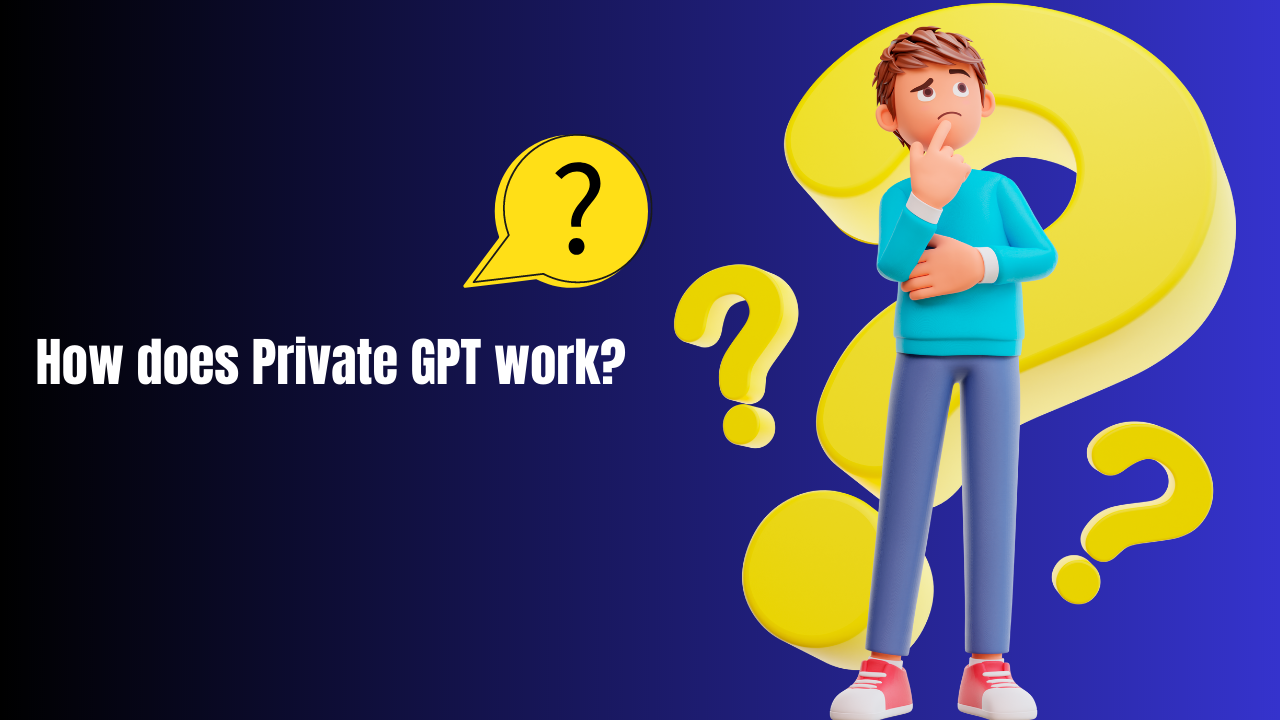
Private GPT operates by prioritizing data privacy and security. Unlike public GPT models, which rely on sending user data to external servers, private GPT keeps the data local, within the user's system. This approach ensures that sensitive information remains under the user's control, reducing the risk of data breaches or unauthorized access.
The working mechanism of private GPT involves training and fine-tuning the model on local datasets. Users can utilize their own data, whether it's proprietary knowledge, industry-specific information, or sensitive customer data, to train the model according to their specific needs. This customization allows the private GPT model to generate more accurate and relevant outputs for specialized tasks and industries.
By keeping data local, private GPT provides individuals and organizations with increased control over their sensitive information. Users can determine how their data is stored, processed, and shared, aligning with their privacy requirements and organizational policies. This control not only enhances data security but also empowers users to make informed decisions regarding their data practices.
Overall, private GPT offers a secure and customizable solution for leveraging the power of GPT while maintaining data privacy. By operating locally and giving users control over their information, private GPT ensures that sensitive data remains protected and confidential.
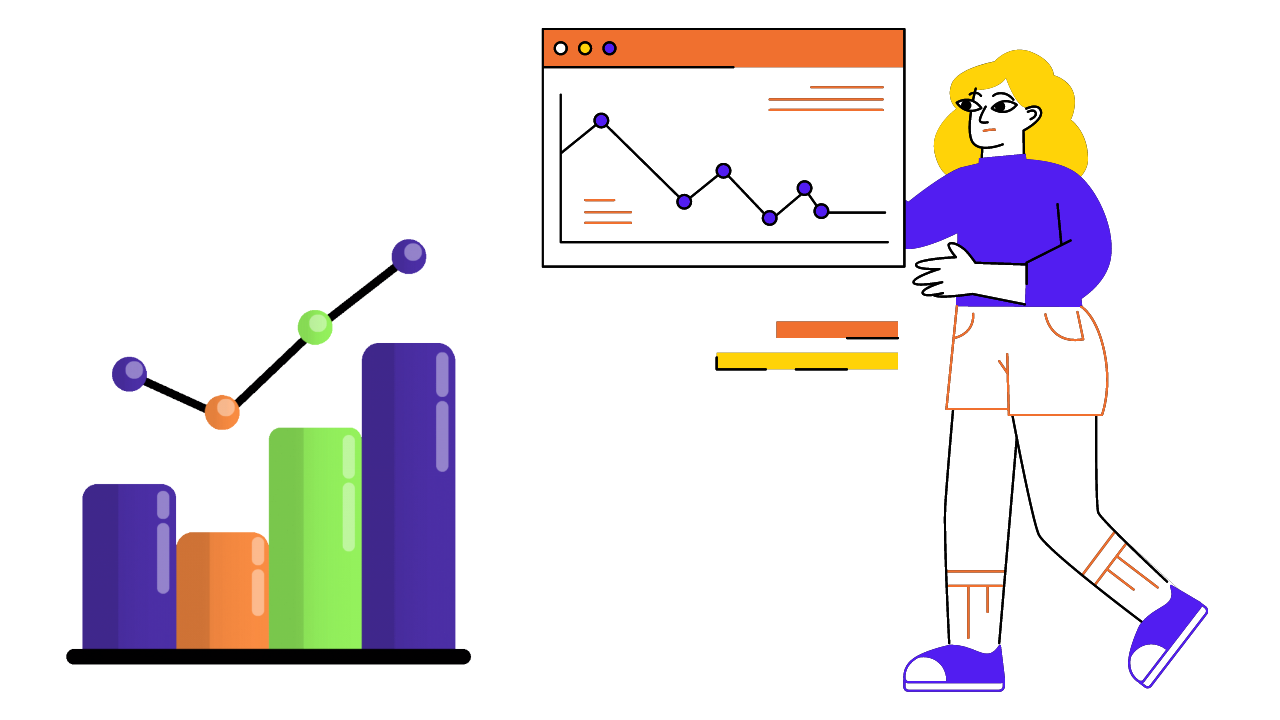
Private GPT stands out because of the way it combines robust language processing with consideration for user privacy. With this program, you may query your documents directly without an online connection. You don't need an internet connection to harness the power of artificial intelligence. Your data remains exactly where it should be: with you thanks to this offline feature.

· Enhanced Data Security
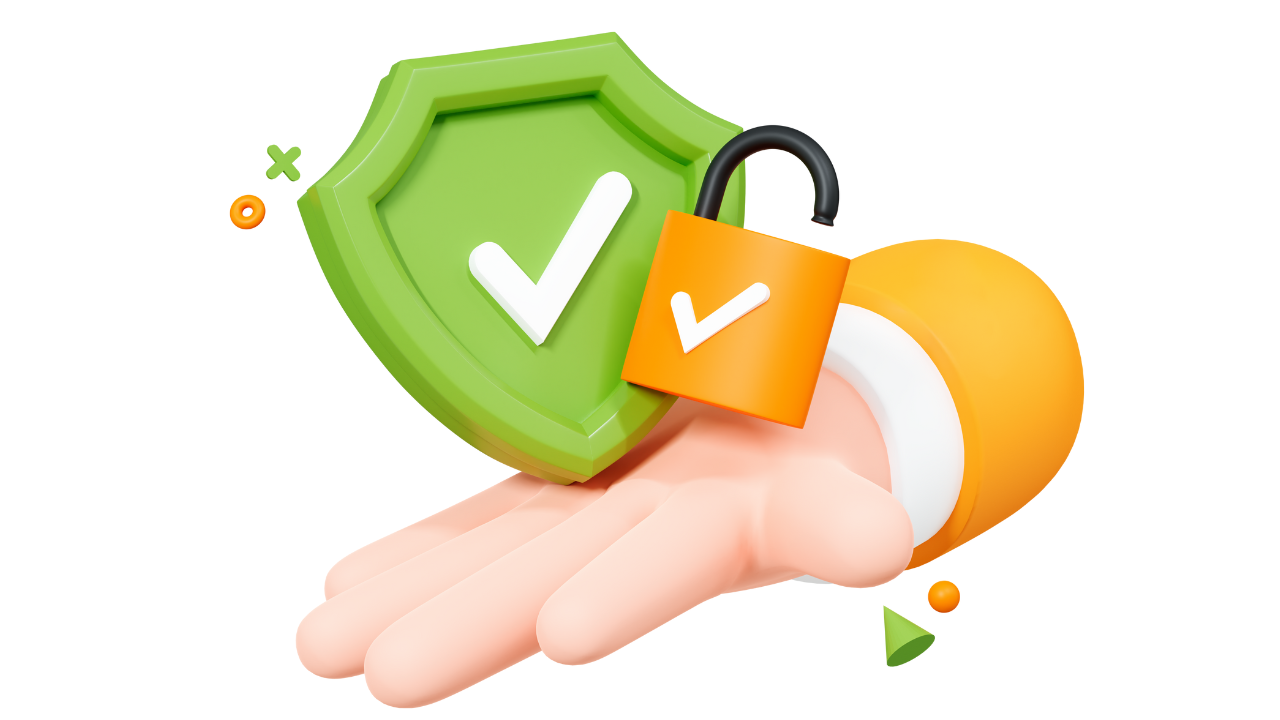
GPT models are designed to operate locally, reducing the need to send sensitive information to external servers. This ensures that personal and confidential data remains within the confines of the user's system, minimizing the risk of data breaches or unauthorized access.
· Control Over Sensitive Information
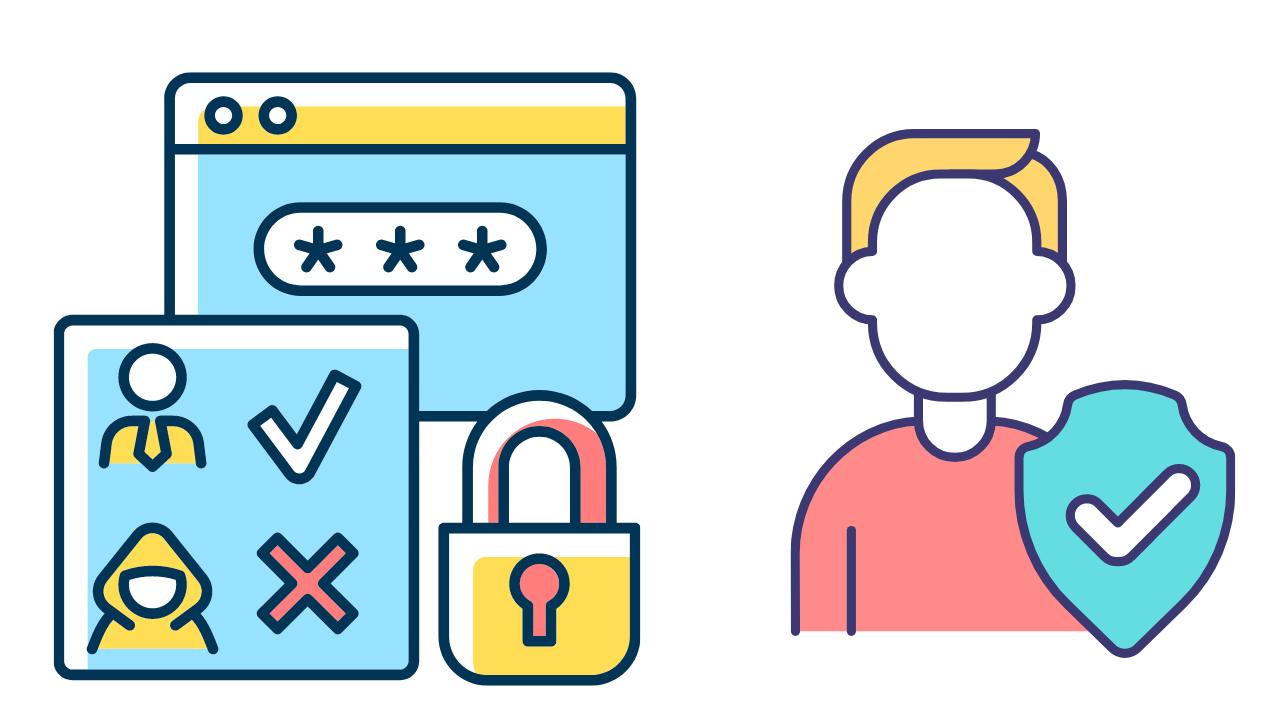
PrivateGPT provides individuals and organizations with increased control over their sensitive information. Public GPT models rely on sending user data to centralized servers, raising concerns about the storage and potential misuse of that data. However, with private GPT, users retain full control over their data, allowing them to dictate how it is stored, processed, and shared.
· Customization

PrivateGPT models offer a high degree of customization and flexibility, enabling individuals and organizations to develop tailored solutions to meet their unique needs. Public GPT models typically follow a one-size-fits-all approach, limiting the ability to fine-tune the models for specific tasks or industries. In contrast, private GPT allows users to train and fine-tune the models on their own datasets, enabling them to extract domain-specific insights and improve performance in specialized applications.
PrivateGPT models can be trained on internal datasets resulting in more accurate and relevant outputs. This customization enables organizations to optimize their processes, automate tasks, and derive valuable insights from their own data, giving them a competitive edge in their respective markets.
· Preserving Confidentiality in Sensitive Domains
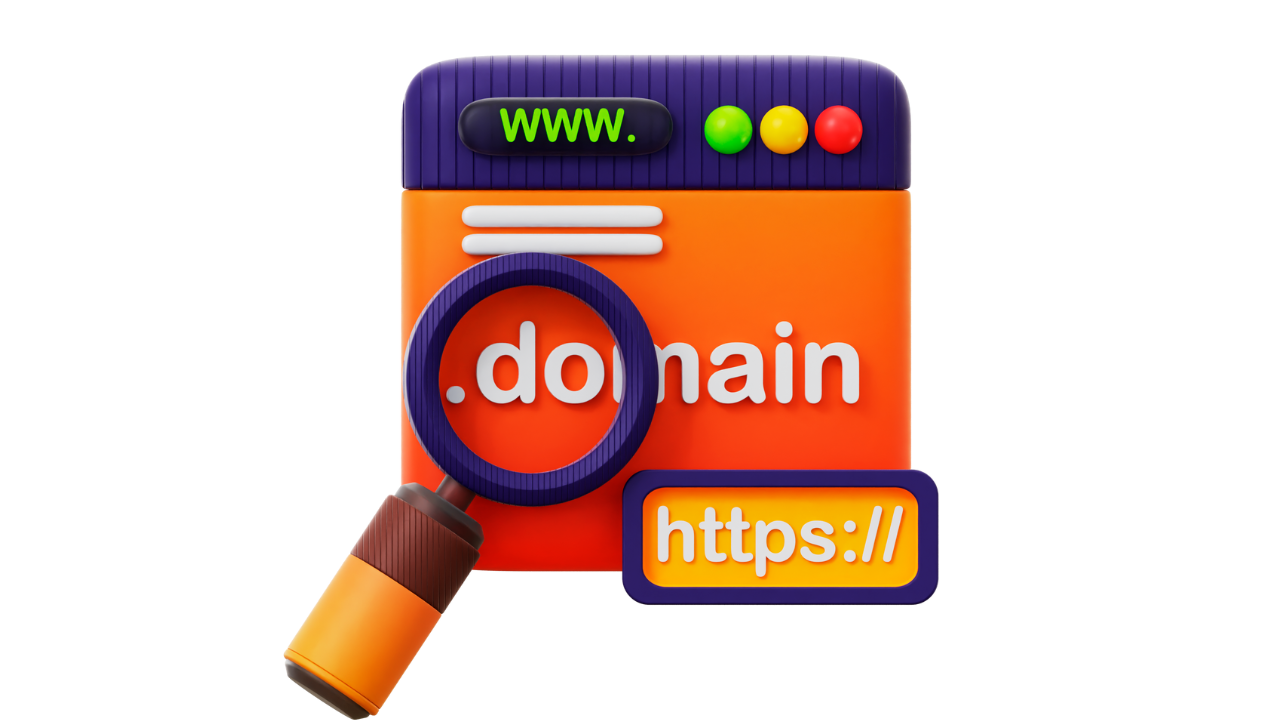
Certain domains, such as healthcare and finance, deal with highly sensitive and confidential information. Public GPT models might raise concerns in these industries due to the potential exposure of personal data. PrivateGPT offers a solution by allowing organizations to train models using their own data while keeping sensitive information secure. This enables healthcare providers to process medical records and deliver personalized insights without jeopardizing patient privacy. Similarly, financial institutions can leverage private GPT to analyze customer data for fraud detection, risk assessment, and personalized financial recommendations, all while ensuring the confidentiality of customer information.
While privateGPT models offer several benefits, it's important to consider the potential drawbacks and limitations associated with this approach.
· Limited Access to Data
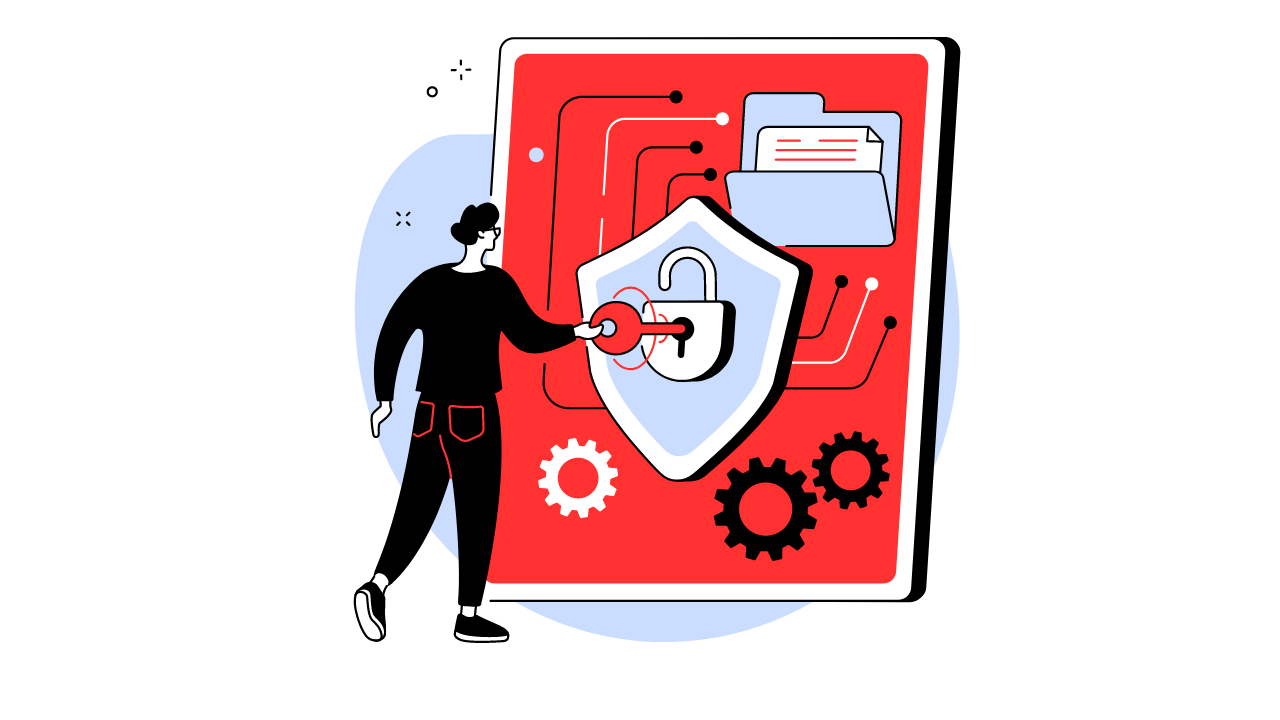
PrivateGPT models operate locally, which means they have access only to the data available within the user's system. This can restrict the model's ability to leverage a diverse range of data sources and may result in limited performance compared to public GPT models trained on vast amounts of data.
· Resource Intensive
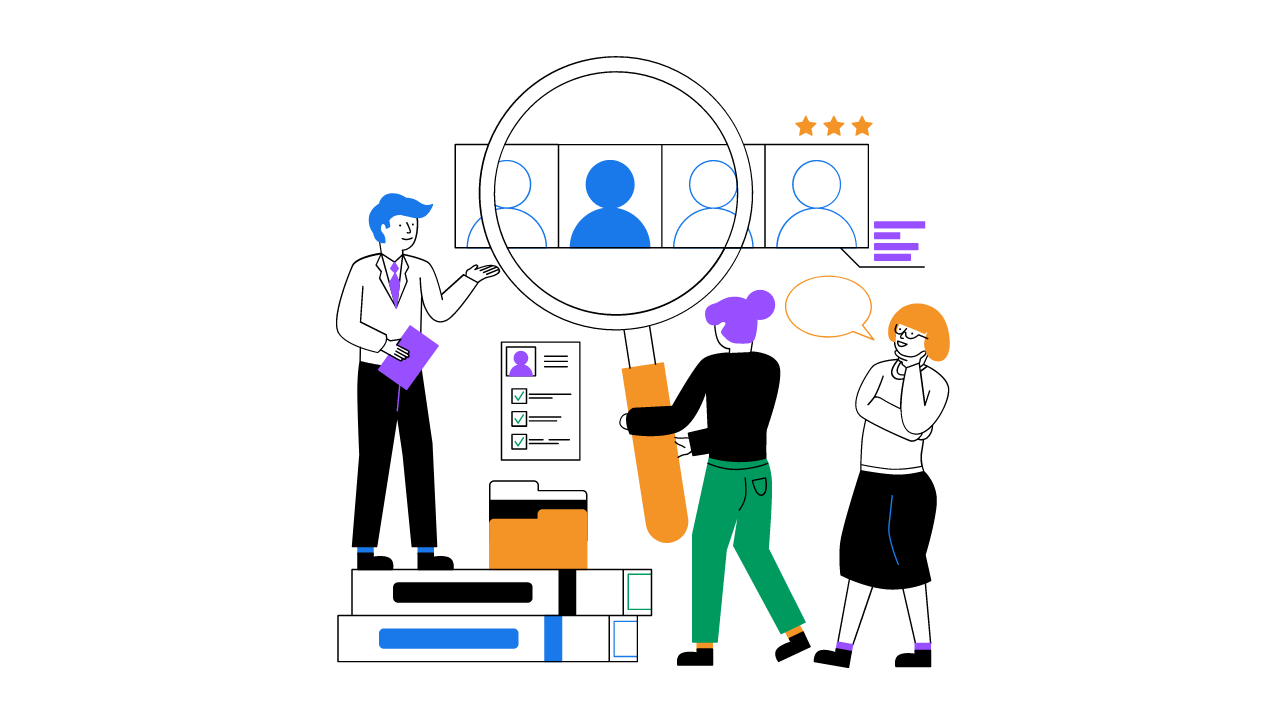
Training and fine-tuning private GPT models require significant computational resources, including processing power and storage capacity. Small-scale organizations or individuals with limited resources may find it challenging to train and maintain private GPT models effectively.
· Reduced Collaboration and Knowledge Sharing

Private GPT models keep data localized, which can hinder collaboration and knowledge sharing among different organizations or researchers. Public GPT models, on the other hand, facilitate collective learning by allowing multiple entities to contribute data and insights, leading to a broader understanding and advancement in the field.
· Lack of Model Updates and Improvements
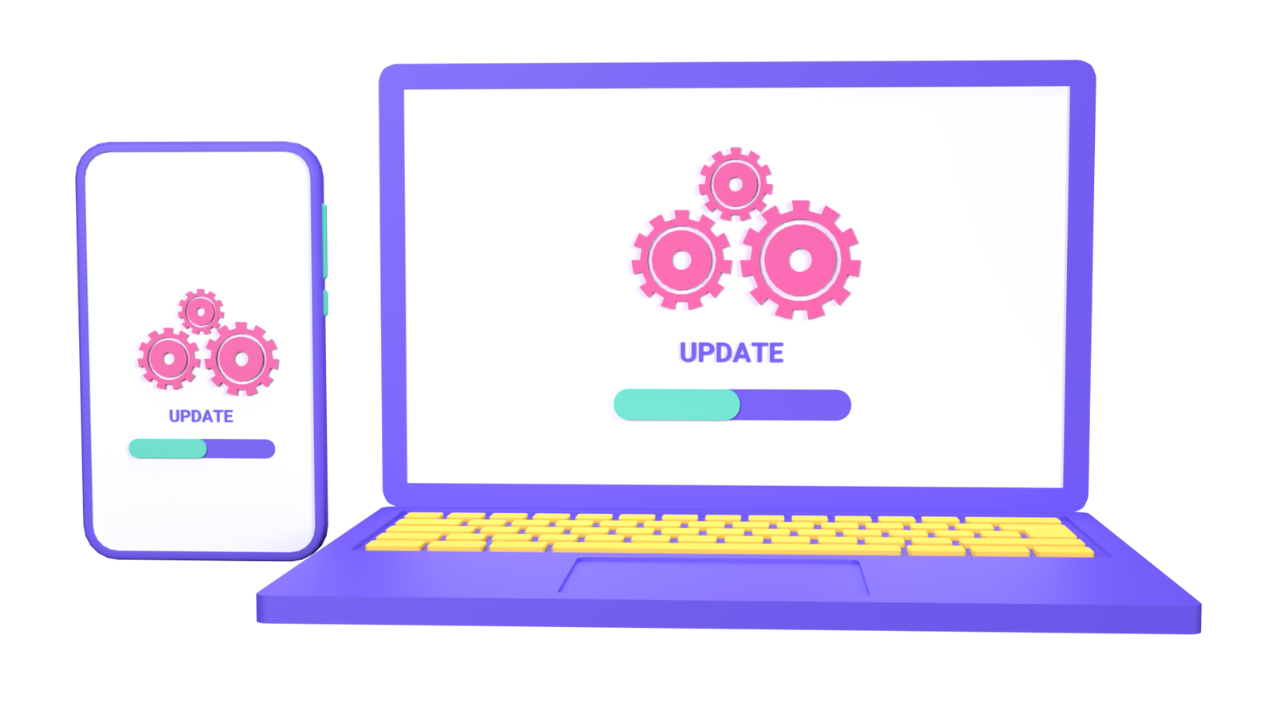
PublicGPT models often receive frequent updates and improvements based on continuous research and development efforts. In contrast, private GPT models may lack the same level of ongoing updates, leaving users with potentially outdated models over time.
It's important for users and organizations to weigh these potential limitations and consider their specific requirements and resources before opting for private GPT models.
PrivateGPT models offer numerous benefits, from enhanced data security and control over sensitive information to customization and tailored solutions. These models empower individuals and organizations to utilize the power of GPT while preserving privacy and confidentiality. By training models locally and maintaining control over data, users can mitigate the risks associated with data breaches and unauthorized access. As the demand for privacy-conscious AI solutions continues to rise.